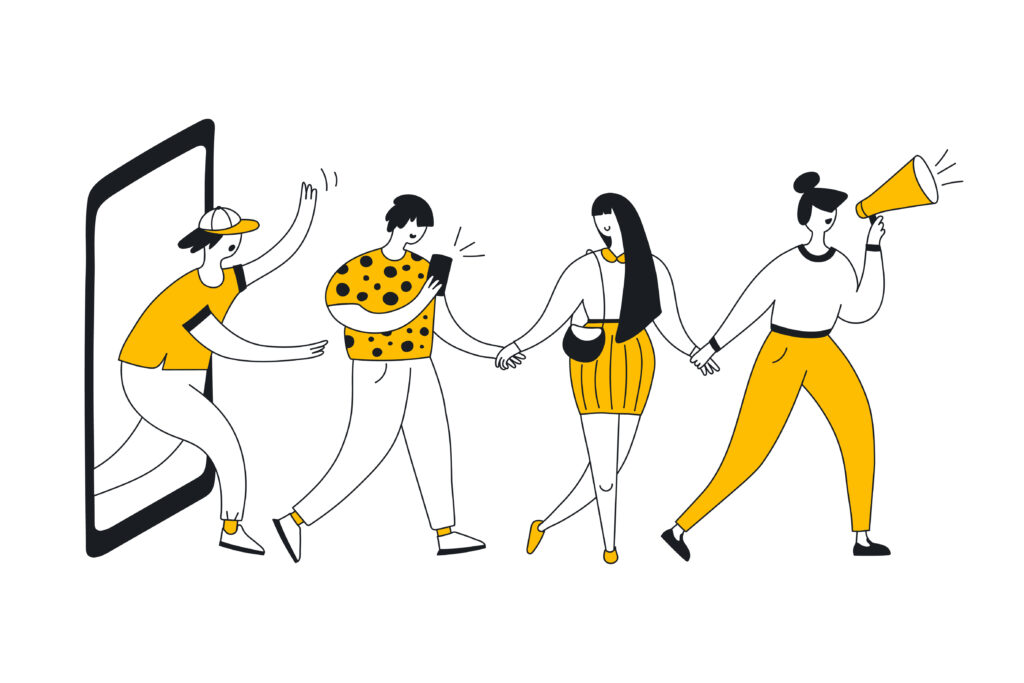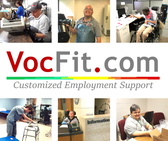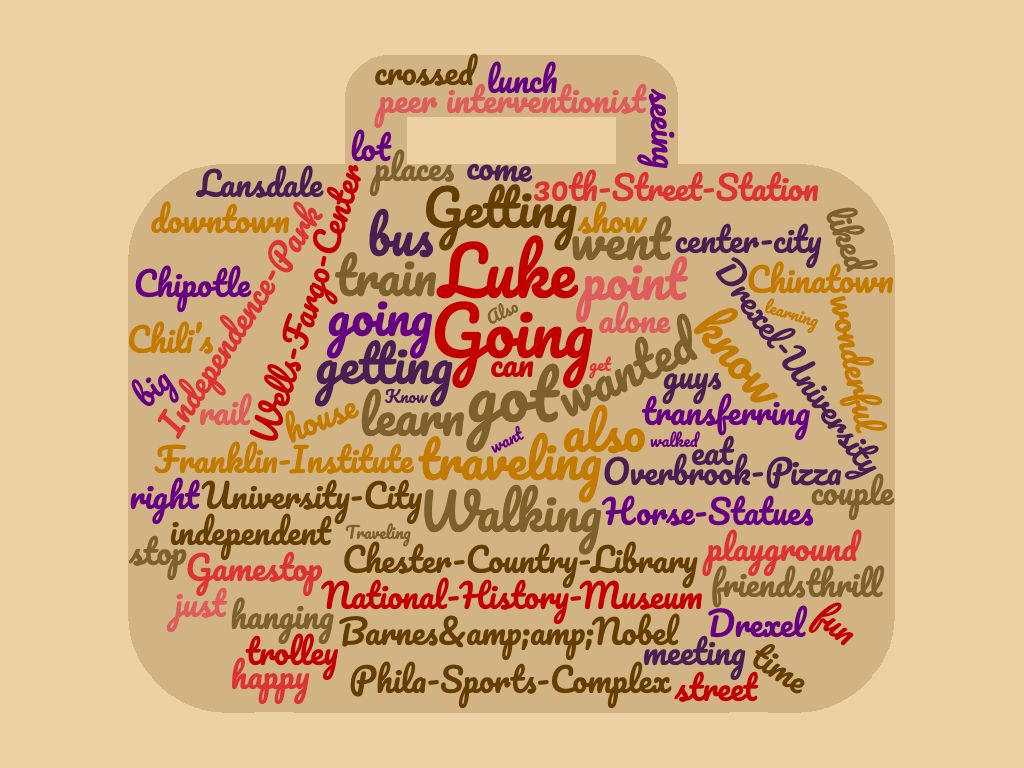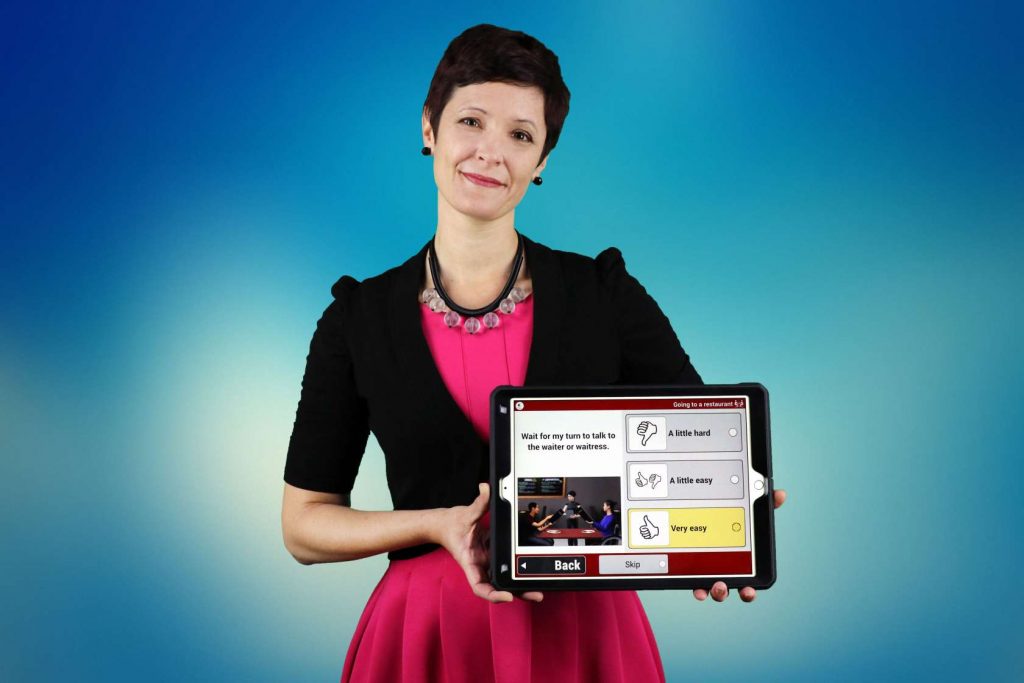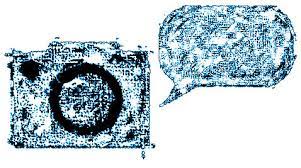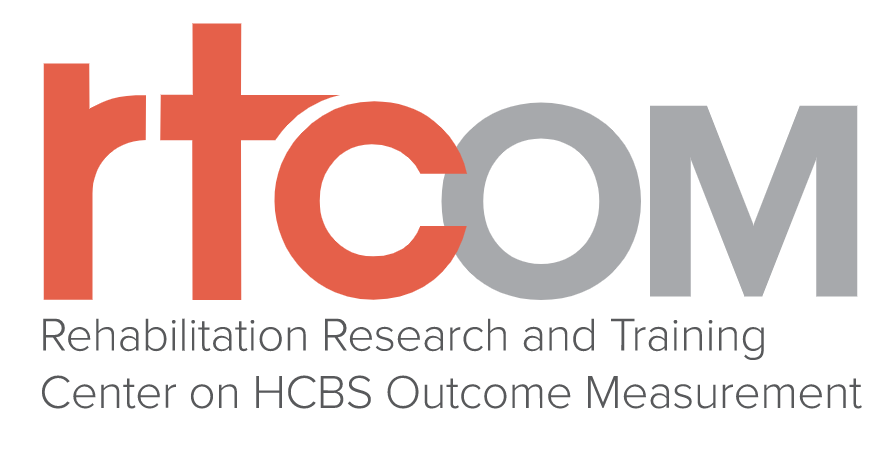Our team develops proposals, conducts research studies, and publishes findings continual. We usually have at least one study in recruitment and data collection and others in the data analysis or dissemination stages.
Studies in Progress
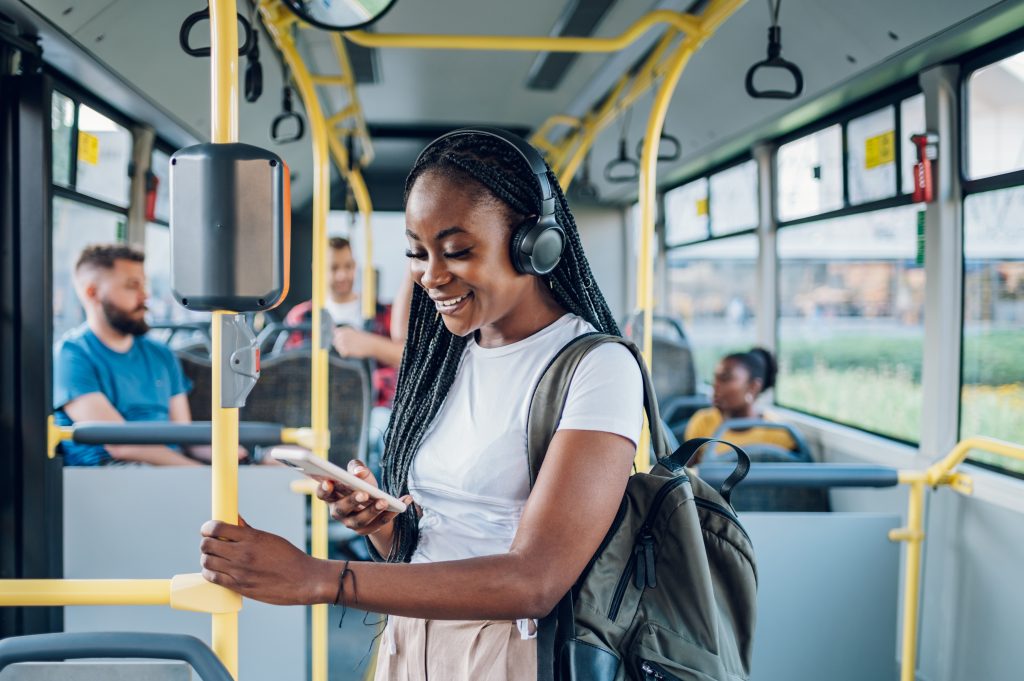
PCORI READY TO RIDE. This project aims to test the travel training we previously created (See Below) across the country, to see whether having a peer or an instructor lead the training would be more effective.
ABLELINK WAYFINDER FOR UBER AND LYFT. This project plans to create an app called WayFinder Ride to help people with IDD use ridesharing services more independently.
COMMUNITY MOBILITY INTERVENTION
This is a study to develop and refine a Personalized Community Mobility Intervention for adolescents and young adults with intellectual disabilities that will help plan community outings from start to finish to increase independence and participation in favorite activities.
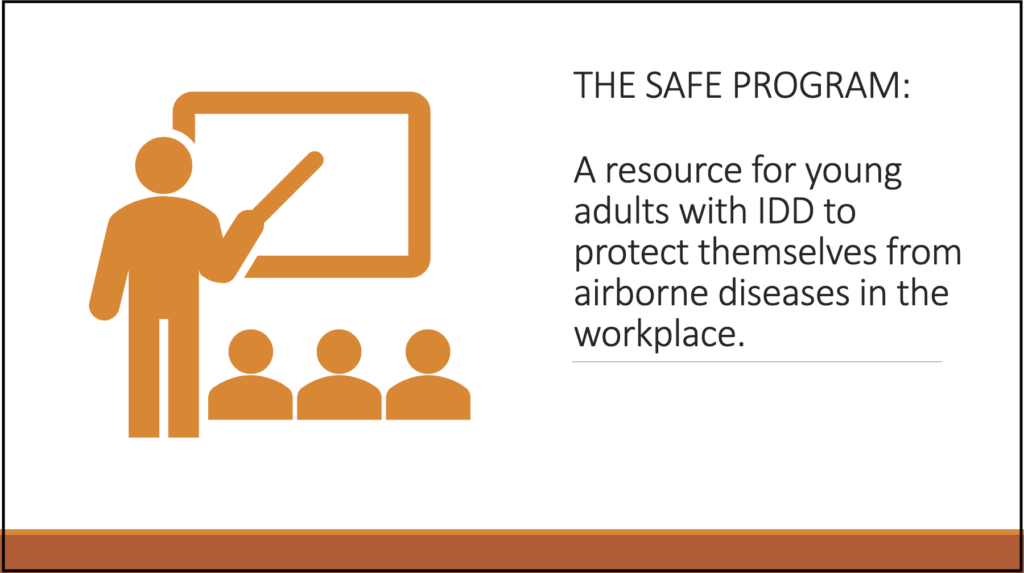
The SAFE Program (SAFE: Social distancing and advocacy for personal protective equipment and employment) This study is looking at developing a training intervention called The SAFE Program for people with Autism Spectrum Disorder (ASD) and/or Intellectual and Developmental Disabilities (I/DD) that targets behaviors to increase safety and prevention of airborne diseases such as COVID-19 in the workplace. The SAFE program provides training in an easily understood format for those with ASD and/or IDD. It focuses on teaching specific behaviors to reduce the risk of acquiring and transmitting COVID-19 and other airborne diseases. Training is provided by a Peer Support Specialist with lived experience of ASD and/or IDD.
click here to learn more or see if you are eligible to participate.
Completed Research Studies
Vocational Fit Assessment and Employment Status in people with Intellectual Disabilities. The goal of this study is to develop and add to the Vocational Fit Assessment Tool which helps people with Intellectual Disabilities determine if certain jobs are a good match for them.
Peer Support Travel Training Study
Intervention study for transitional aged youth and adults with Autism Spectrum Disorder (ASD). Lessons and in-the-field training is provided by a Peer Interventionist who has the shared lived experience of an ASD diagnosis.
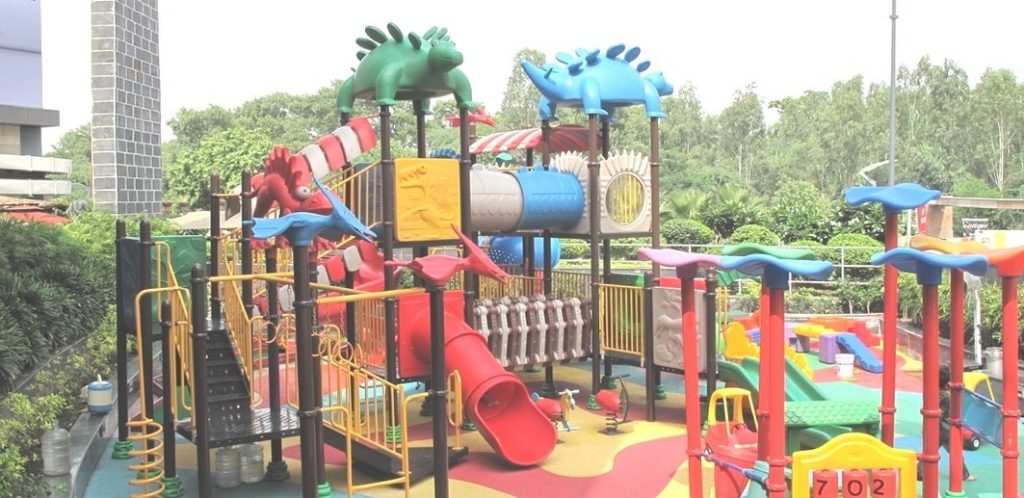
Participation and Sensory Environment (PSEQ) and Parent Effort Scale (PES). Two new measures of the sensory environment to be used by parents of children in the Autism Spectrum Disorder (ASD). The PSEQ assesses the impact of the sensory environment on a child’s participation in everyday activities at home and in the community. The PES measures how much effort a parent must put out to support their child to participate in everyday activities. This study is in ongoing data collection so parents are encouraged to use the tool. The data provided will allow for future refinement of the tool. Since this is still a funded research study, parents will be asked to sign informed consent and complete some demographics prior to completing the assessment when they click on the link. Scores are automatically calculated and sent to parent via email.
learn more or use the tool by going to the PSEQ/PES Website.
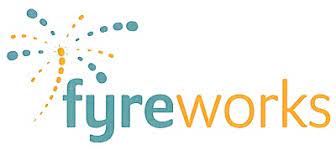
PCORI FYREworks Training This FYREworks training helps youth and young adults with intellectual and developmental disabilities (IDD) to carry out and participate in research about things that are important to them. Through research, young people can make a positive impact on their lives and the lives of other people with IDD. Providing and receiving peer support can help in many ways. There are currently 4 units to this training available.
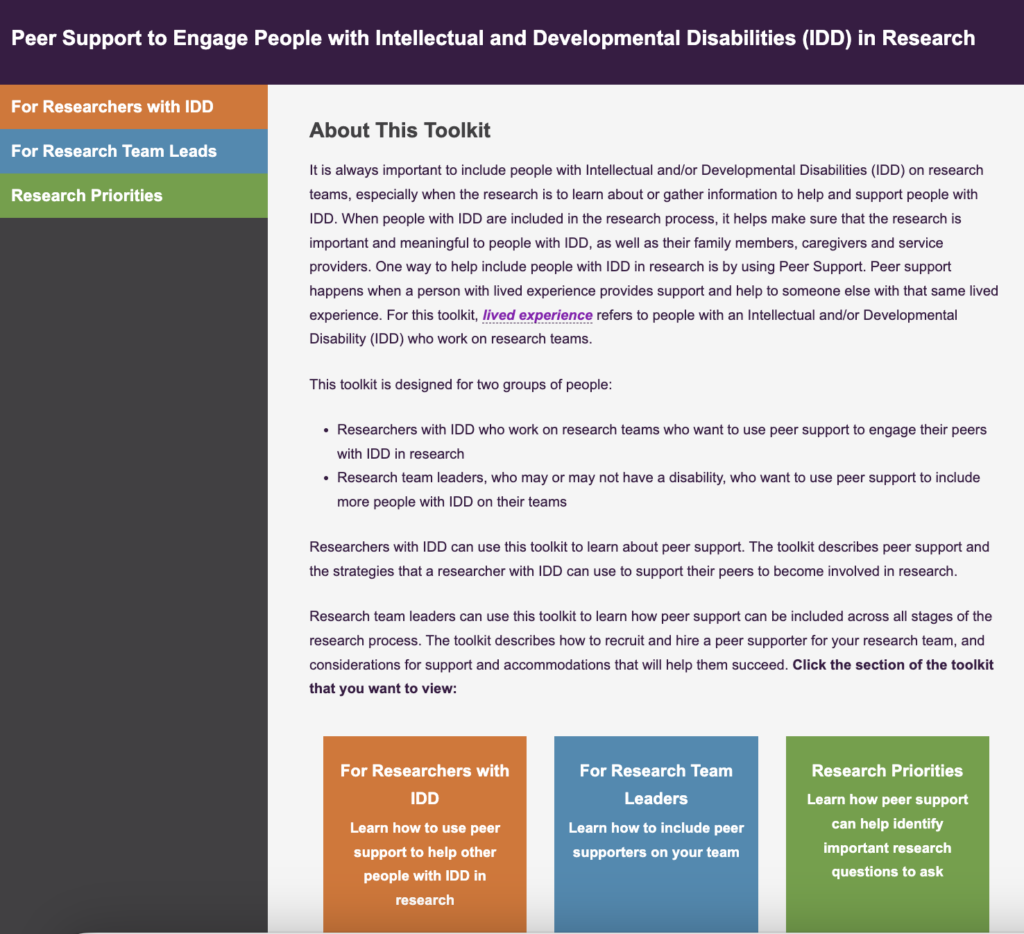
PCORI Peer Support Toolkit It is always important to include people with Intellectual and/or Developmental Disabilities (IDD) on research teams, especially when the research is to learn about or gather information to help and support people with IDD. When people with IDD are included in the research process, it helps make sure that the research is important and meaningful to people with IDD, as well as their family members, caregivers and service providers. One way to help include people with IDD in research is by using Peer Support. Peer support happens when a person with lived experience provides support and help to someone else with that same lived experience.
Enabling self-reported outcomes for youth with developmental disabilities: The Pediatric Evaluation of Disability Inventory-Patient Reported Outcome (PEDI-PRO). This study is trying to design a new self-report assessment software for kids, teens, and young adults with developmental disabilities. Teens and young adults can use the self-report software to report how they do everyday activities at home, school, work and the community.
PHOTOVOICE
This study teaches young adults with Autism Spectrum Disorder (ASD) and/or Intellectual or Developmental Disabilities (I/DD) and their families how to use Photovoice to share their experiences with transportation. Photovoice is a qualitative form of data collection where participants are asked to express their points of view or experiences by photographing scenes that highlight research themes. The purpose of this study is to understand the barriers that young people with ASD or I/DD experience when participating in their communities and using public transportation, and also identified what they and their families think are the important supports and resources needed to overcome these barriers.
Evaluating the Reliability, Validity and Sensitivity to Change of Measures of Person Centered HCBS Outcome Measures (Study 5) Developing and testing more than 6 new self-report measures to be used to help people with disabilities share their experiences with the HCBS Home and Community Based Services and supports they receive.
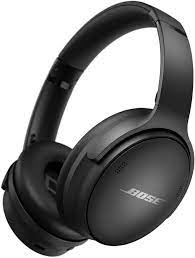
BOSE Noise Attenuating Headphone Study. This study looked at the effect of noise-attenuating headphones on participation and physiological responses in children with autism spectrum disorders.
Conclusion: Many children with ASD have hypersensitivities to sound resulting in high levels of sympathetic nervous system reactivity, which is associated with problematic behaviors and distress. The findings of this study suggest that the use of noise attenuating headphones may reduce sympathetic activation. Additionally, results suggest that the use of wearable sensors to collect physiological data from children with ASD in natural environments is feasible with established protocols and training procedures.

